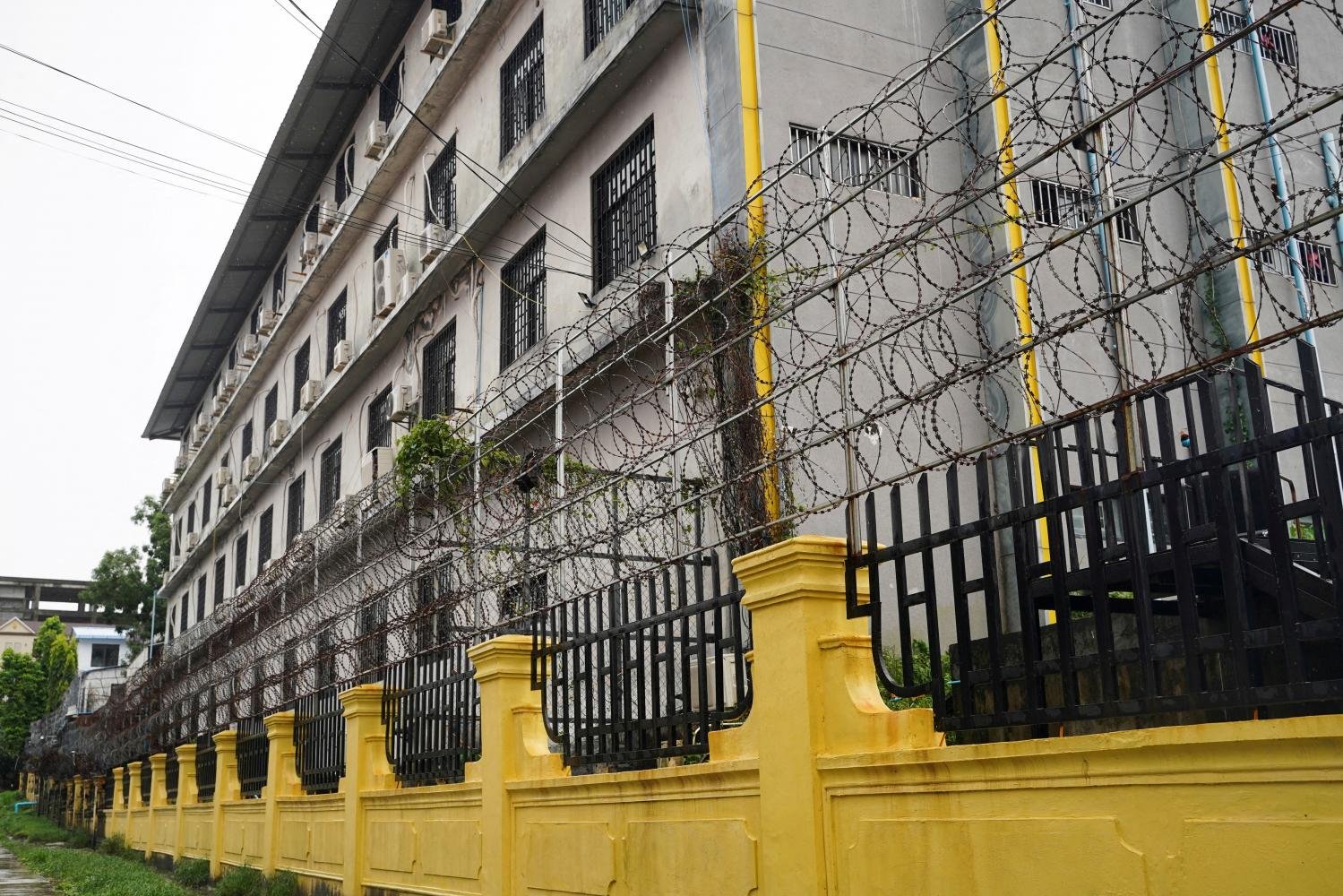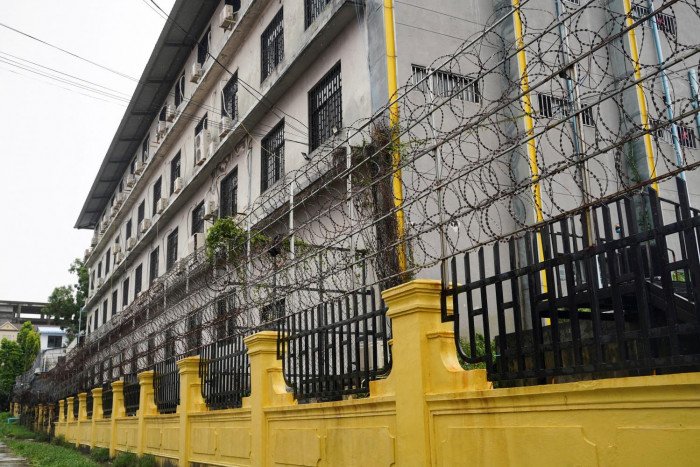[ad_1]

There has been no shortage of commentators ready to hail the decision of former Cambodian prime minister Hun Sen to leak his recent conversation with Thai Prime Minister Paetongtarn Shinawatra as a diplomatic “masterstroke”.
The leak has called into question the survival of the Thai coalition government, with the Bhumjaithai Party having already withdrawn from the coalition. Many in Thailand are horrified by the deferential tone adopted by the young prime minister when speaking with Hun Sen and are demanding Ms Paetongtarn step down.
According to the idea of the “masterstroke”, Hun Sen has weakened a troublesome foreign government. Cambodians, so the argument goes, will now be willing to rally behind him in his defence of Cambodian interests.
In fact, regardless of Ms Paetongtarn’s political fate, Hun Sen’s move could backfire.
Destabilising the government of Thailand, which has historically been the major US ally in the region, is not a move likely to divert US attention away from cybercrime in Southeast Asia. More broadly, destabilisation of other governments is not part of Hun Sen’s playbook. He has moved into uncharted territory with the leak.
For decades, Hun Sen has sought to present himself as standing for internal stability. He has been a devout adherent of the Asean principle of non-interference in the affairs of other member states.
But cybercrime in the region is inherently an international problem, and can’t be dealt with using such an approach. Internal Cambodian crackdowns have failed to produce convincing results. A series of high-profile compound raids were focused on Sihanoukville in 2022. According to the United Nations Office on Drugs and Crime (UNODC), the raids simply resulted in the compounds being moved to more remote Cambodian locations.
The deterioration of the relationship between Thailand and Cambodia this year, and the border clashes which have resulted, should be seen in the context of Thailand’s need to ensure that organised cyber-scam activity in the region is minimised or eliminated. The issue was identified by the prime minister when she took office in August 2024.
Tourism in Thailand has yet to recover to its pre-Covid level. Chinese tourists in particular have been staying away in the knowledge that Thailand is often a transit destination for people being trafficked into cyber-slavery in Cambodia or Myanmar.
The case of the well-known Chinese actor, Wang Xing, who flew to Bangkok in January for what he thought was an acting job, was a key trigger for increased Chinese public awareness. Wang Xing ended up trapped in a cyber-scam compound in Myawaddy in Myanmar.
Though he was soon released, the publicity in China led to a rush to cancel planned trips to Thailand. The Thai Monetary Policy Committee said in May that safety concerns among Chinese tourists were the main reason for lower tourist arrivals. Thailand, as Southeast Asia’s largest tourist destination, cannot go on like this. Something has to change.
Ms Paetongtarn’s best hope of survival now lies in adopting a hardline approach to the problem of cybercrime in the region. She has responded to the leak by committing herself to destroying the gangs that run the cyber-scam compounds. Any new Thai government will be under pressure to adopt a stance that is at least as tough.
A meaningful crackdown on the scammers is impossible without addressing the issue of Cambodian government complicity. The Cambodian government denies that it allows cyber-scam compounds to operate.
Still, Ly Yong Phat, a member of the ruling Cambodian People’s Party central committee, was sanctioned by the US Department of the Treasury in 2024 over the issue. Prime Minister Hun Manet’s cousin, Hun To, is a director of Huione Pay, targeted by the US for its alleged role in laundering cyber-scam receipts.
The globalisation of the cyber-scam issue means Ms Paetongtarn can hope to rally significant international support for a crackdown. Gone are the days when the cyber-scam compounds ran solely on the forced labour of the Chinese victims of human trafficking. The compounds now seek to recruit young job seekers who speak English, from whatever country they can be found. The financial victims of the increasingly sophisticated scams are global.
Billions of dollars are being stolen each year, with an estimated 150,000 people trapped in Cambodian compounds. Despite the scale of the organised crime, non-Chinese international awareness of the issue, until now, has remained limited.
Hun Sen has released the genie of the cyber-scam issue out of the bottle and into the international political arena. There’s no way to put it back.
No one has an incentive to cover up organised cybercrime, except the perpetrators and facilitators. Ms Paetongtarn’s days as prime minister may be numbered, but Hun Sen may have set in motion a train of events that will weaken his own family regime.
[ad_2]
Source link
Click Here For The Original Source.

